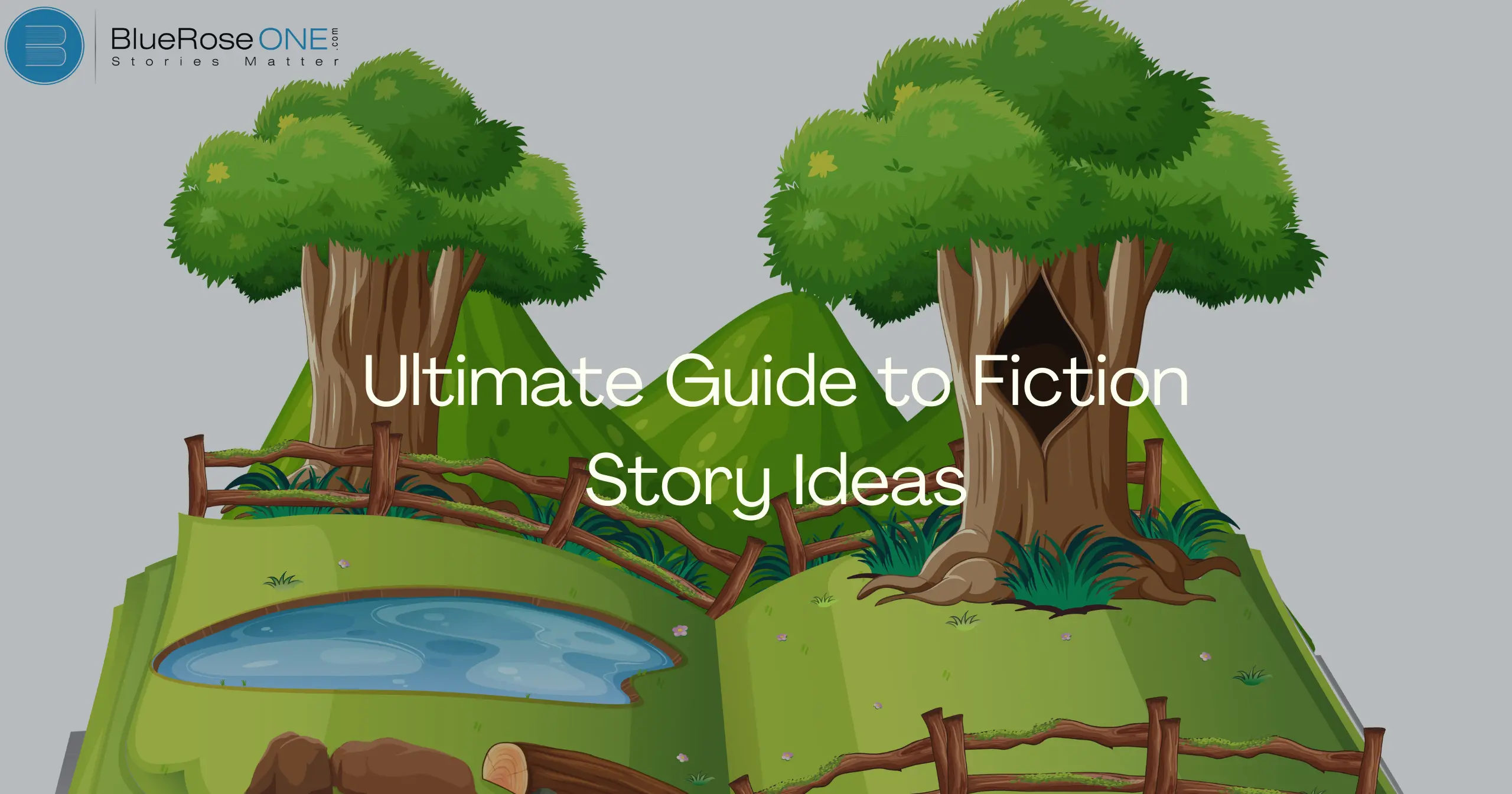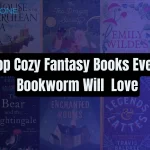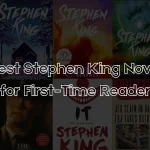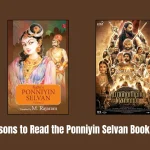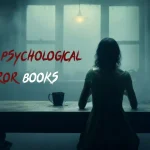Generating fresh and compelling ideas for fiction stories is both an art and a skill that every writer strives to master. Whether you’re a seasoned novelist or a beginner exploring the realms of creative writing, the process of ideation can sometimes feel daunting. However, with the right approach and techniques, you can unlock a treasure trove of creative possibilities. This ultimate guide will walk you through proven methods and strategies to generate unique fiction story ideas that captivate readers from the very first sentence.
Understanding the Foundation of a Great Story Idea
Understanding what makes a great story concept is crucial before delving into idea generation procedures. The following qualities are usually present in a compelling tale idea:
Originality
Fiction story ideas must be unique in order to captivate readers. It speaks to the originality and novelty of the idea or subject that is told in a story. Creative ideas frequently result from examining unusual viewpoints or mixing known components in novel ways.
Creative storylines can be sparked, for instance, by reimagining classic fairy tales with contemporary settings or fusing historical events with fantastical components.
By taking inspiration from a variety of sources, writers can develop their creativity and produce stories that stand out and appeal to readers who are looking for interesting and unique content.
Emotional Impact
At the core of interesting fiction story ideas is emotional effect. It speaks of the intense emotions and responses readers have to a story. Focusing on emotional impact when writing a novel entails developing characters and circumstances that speak to common human emotions like love, grief, and victory.
A tale can become memorable and captivating by evoking strong emotions in the reader, bringing them into the lives of the characters and causing them to care about the resolution. For a fiction narrative idea to stick with its audience, it needs to make this link.
Conflict
Any good fiction story idea must have conflict at its core. The story moves along because of the tension, which also keeps readers interested.
Conflict produces the drama that draws readers in, whether it’s a fight against outside forces, an internal conflict between individuals, or a collision between them.
Writers can create rich tale ideas that connect with universal themes and emotions by examining various conflict types, such as man against. man, man vs. nature, or man vs. self. This can help their fiction become genuinely memorable and compelling.
You may aslo read: Looking for a Professional Proofreader?
Relevance
For writers to create stories that captivate readers, it is essential to comprehend the relevancy of fiction story ideas. Readers can relate to a timely narrative concept since it touches on universal themes and feelings.
It should be relevant and feel current, tackling topics that pique interest and cause reflection in order to maintain its effect and engagement as it develops.
Potential
Understanding the foundation of a great fiction story idea begins with recognizing its potential. This potential is found in the distinctive blend of locales, characters, and conflicts that have the power to pique readers’ interest. Writers might discover novel perspectives and subjects that captivate readers by delving into a variety of viewpoints and unforeseen turns.
Let’s now examine many methods to assist you in coming up with a tonne of story ideas:
Techniques for Generating Fiction Story Ideas
1. Freewriting and Brainstorming
The two most important methods for coming up with ideas for fiction stories are freewriting and brainstorming. Writing constantly without concern for syntax or organization is known as freewriting, which lets ideas come to you organically.
Conversely, brainstorming promotes the investigation of many perspectives and topics through the recording of concepts and connections. These techniques encourage creativity and assist authors in coming up with original tale ideas.
You may also like: Dynamic vs Static Characters: Definition and Examples
2. Drawing Inspiration from Real Life
Real-life events, experiences, and observations can serve as rich sources of inspiration for fiction. Consider:
- Personal Experiences: Draw from your own life events or those of people around you.
- Historical Events: Explore historical events or figures and imagine alternative outcomes or perspectives.
- News and Media: Current events or news stories can spark ideas for contemporary fiction.
3. Exploring Genre and Themes
Exploring genre and themes is crucial when generating fiction story ideas. Different genres like mystery, romance, or science fiction offer unique settings and plot possibilities. Themes such as love, revenge, or survival provide depth and meaning to your stories, making them resonate with readers on emotional levels.
4. Utilizing Writing Prompts
Utilizing writing prompts is a powerful technique for generating fiction story ideas. Writing prompts are specific phrases, images, or scenarios designed to inspire creativity and kickstart the writing process.
They provide a starting point from which writers can develop unique characters, settings, and plots. By using a writing prompt, writers can explore new themes and perspectives they may not have considered otherwise.
This method helps overcome writer’s block and encourages a flow of ideas. Whether used to spark a short story or to develop a novel concept, writing prompts offer endless possibilities for crafting engaging and imaginative fiction narratives.
You may aslo read: How to Create a Strong Protagonist for Your Story
5. Asking “What If?” Questions
A useful method for coming up with ideas for fiction stories is to pose “What if?” queries. This strategy entails conceiving of different outcomes or modifications to current circumstances. For instance, “What if humans could fly?” and “What if robots developed emotions?”
By questioning convention and delving into possibilities beyond the realm of reality, these inquiries foster creativity. Writers can find original themes, characters, and settings that serve as the basis for gripping fiction works by considering these fictitious scenarios.
This approach is useful for coming up with ideas for fiction stories since it pushes writers to think creatively and lets them explore uncharted territory.
This simple yet powerful question can ignite countless story ideas. Consider scenarios like:
- What if technology advanced to the point where humans could upload their consciousness?
- What if a long-lost diary revealed a family secret that could change history?
- What if an ordinary person discovered they had superhuman abilities overnight?
6. Character Exploration
Character exploration questions are essential tools for generating fiction story ideas. These questions delve deep into understanding the motivations, desires, and conflicts of your characters.
By asking who your characters are, what they want most in life, and what obstacles they face, you can uncover rich narrative possibilities. For example, exploring how a protagonist’s childhood experiences shape their decisions or how their fears drive the plot forward can inspire compelling storylines.
Character exploration questions not only help develop realistic characters but also provide a solid foundation for creating engaging plots that resonate with readers, making them crucial in crafting captivating fiction story ideas.
7. Setting as a Source of Inspiration
When brainstorming fiction story ideas, consider how the setting can shape your plot and characters. Whether it’s a bustling city, a secluded village, or an alien planet, the environment can ignite creativity. Think about the unique aspects of each setting—its history, culture, and atmosphere.
For example, a stormy night in an old mansion can add suspense, while a futuristic metropolis can introduce themes of technology and humanity. By using your setting as a foundation, you can craft vivid, immersive stories that captivate readers. Explore different locations to uncover compelling fiction story ideas that are rich with potential.
Conclusion
Generating fiction story ideas is a dynamic and iterative process that requires patience, creativity, and a willingness to explore diverse avenues.
By leveraging techniques such as freewriting, drawing inspiration from real life, exploring genres and themes, and utilizing prompts, you can cultivate a continuous flow of imaginative concepts.
Remember, the key lies in embracing experimentation and allowing your creativity to flourish. With persistence and dedication, you’ll discover that the possibilities for crafting compelling fiction stories are truly limitless. Happy writing!

